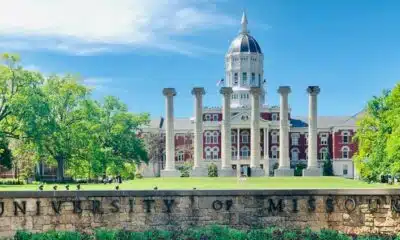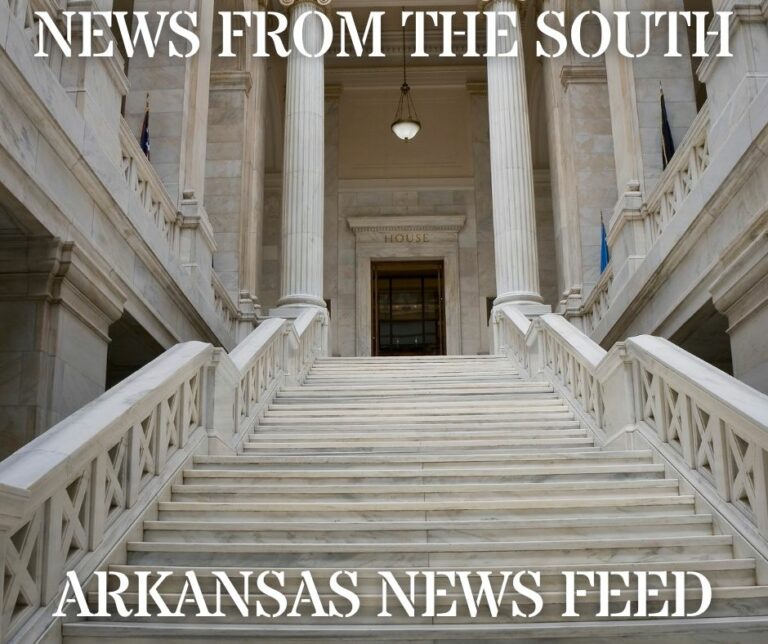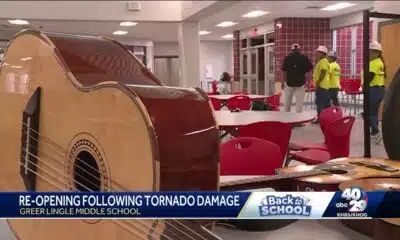(The Center Square) — A proposal making its way through the Louisiana Legislature would give the Sewerage and Water Board of New Orleans the authority to impose a new stormwater fee on all developed parcels in the city, aiming to shore up funding for the city’s beleaguered drainage infrastructure.
The measure, House Bill 609, would enact a new section of state law requiring the board to assess the fee under a “formula rate plan” approved by the Public Service Commission.
The fee would be based on the amount of impervious surface area on a property, which determines how much stormwater it sheds into the city’s aging drainage system.
For single-family homes, the bill sets a standard unit — the “single-family impervious area unit”— based on the median impervious surface across residential parcels in the city.
Homeowners with lots between half and twice that median would pay one unit’s worth of the fee. Larger or more impervious properties, including commercial sites, would be charged proportionally more.
The legislation also provides avenues for discounts. Properties with effective stormwater retention systems that exceed city standards, or that discharge directly to Lake Pontchartrain with proper treatment, could qualify for reductions. Additionally, the bill directs that stormwater fees be offset by existing drainage millages already collected from property owners.
Stormwater fees would be included in annual property tax bills collected by the Orleans Parish assessor and forwarded to the Sewerage and Water Board. Delinquent payments would be subject to penalties under existing state tax law.
The bill caps the stormwater fee for single-family homes at the equivalent of 16.34 mills.
The bill could work toward addressing chronic underfunding of New Orleans’ drainage system, which suffers from outdated infrastructure and a unique geographic challenge: The city’s bowl-like topography and sinking terrain make it especially vulnerable to flooding.
Responsibility for maintaining the city’s drainage infrastructure shifted from the Sewerage and Water Board to the city’s public works department in 1991, but without a dedicated funding source after voters declined to renew a longstanding drainage tax.
Since then, city officials have struggled to maintain the system amid a steady decline in resources.
The proposed stormwater fee represents a new funding mechanism to fill that gap — though it may also prompt pushback from property owners wary of additional charges in a city already facing rising costs of living.












































